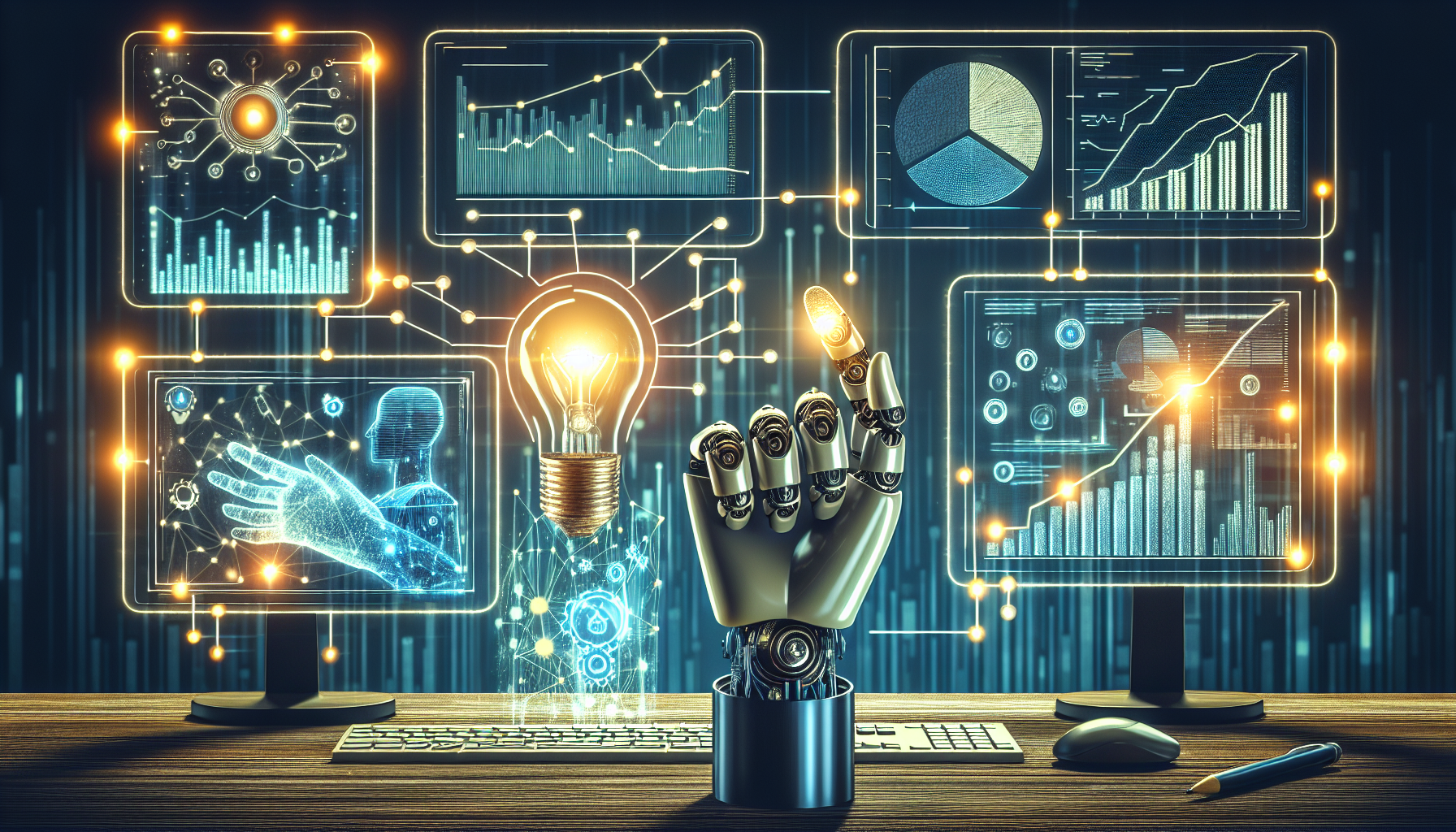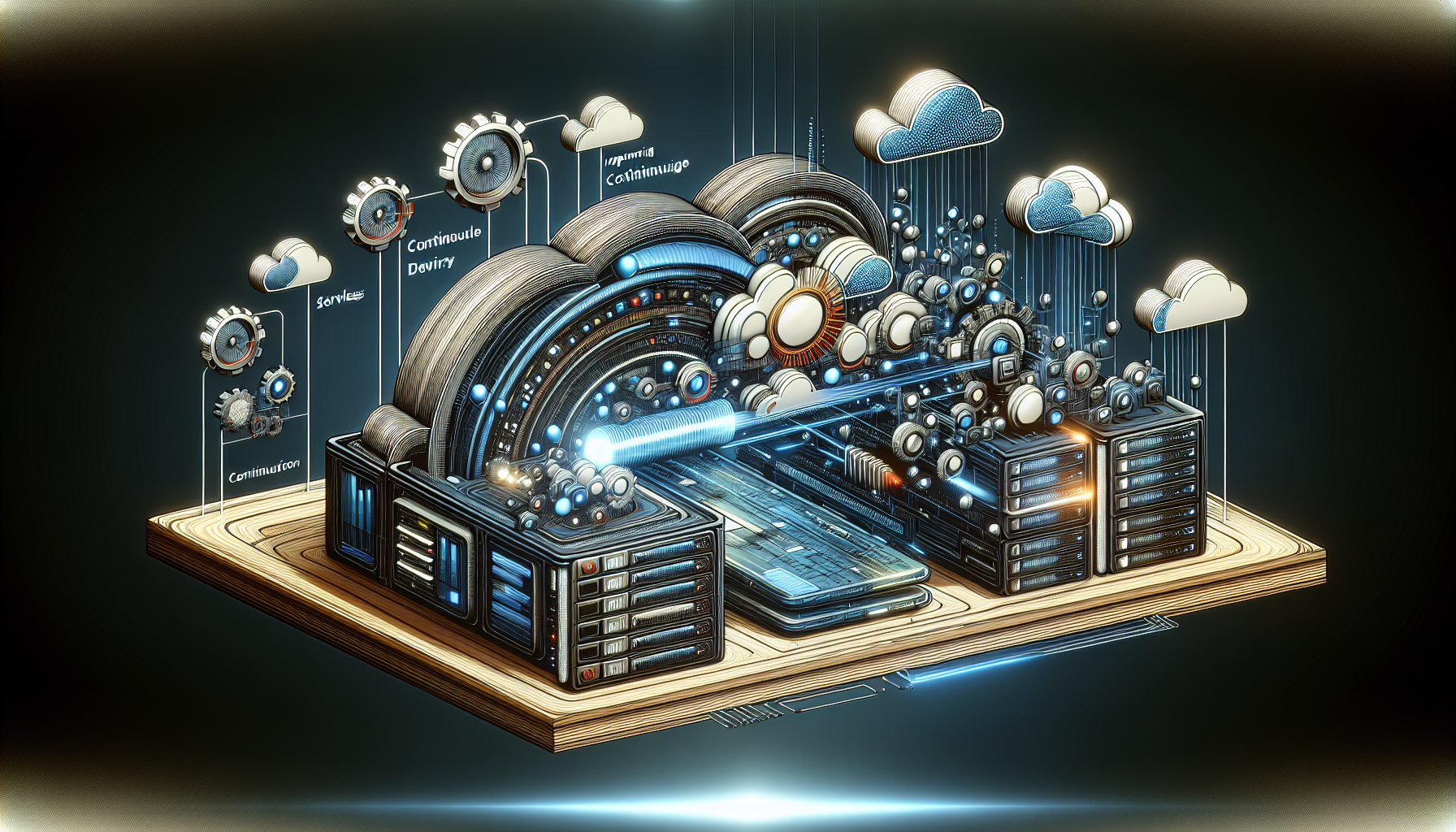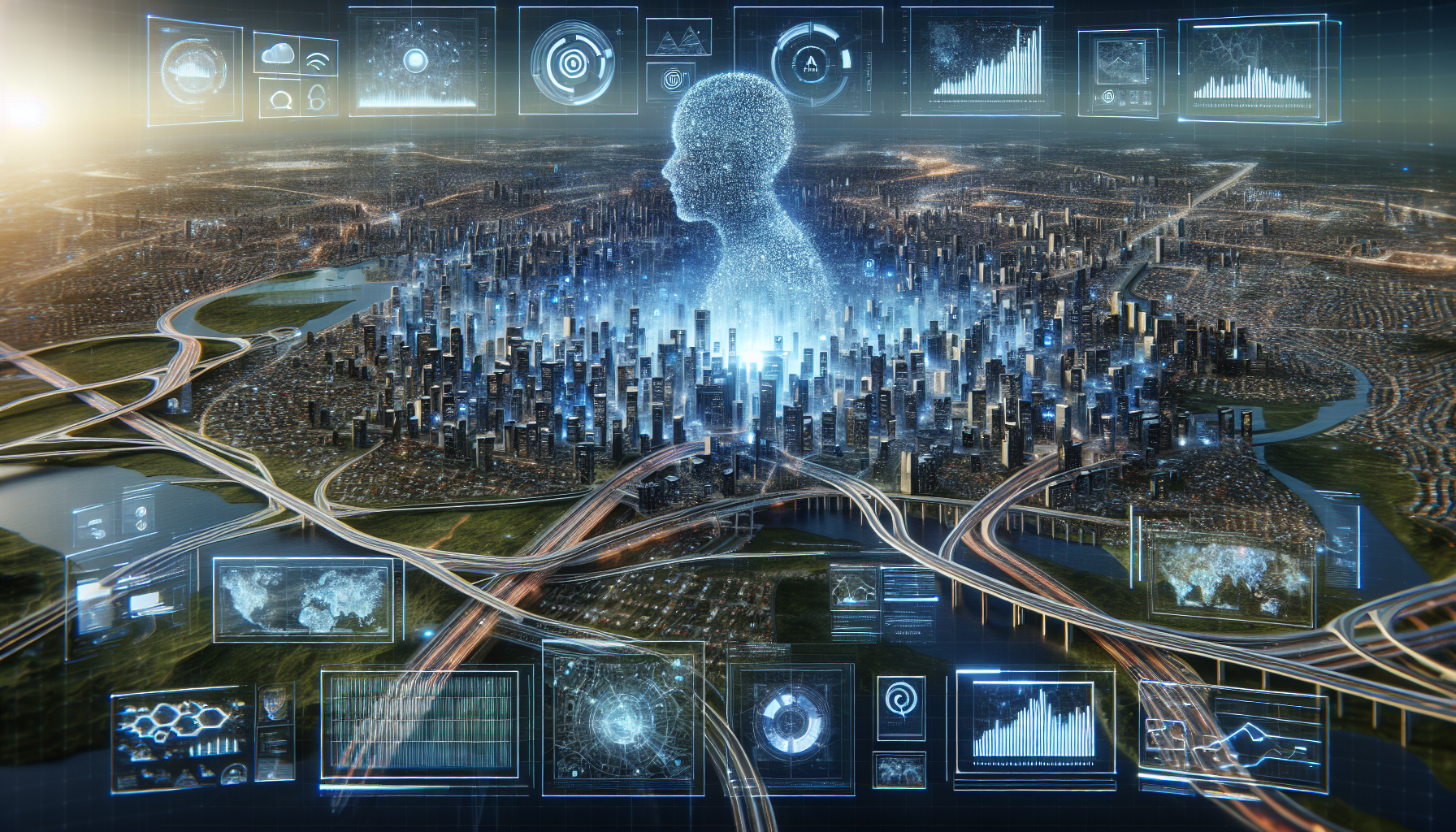Introduction
In today’s rapidly evolving business environment, companies are increasingly turning to artificial intelligence (AI) to streamline operations and enhance efficiency. AI-driven workflow automation not only optimizes existing processes but also ensures businesses are adaptable and resilient against future disruptions. This blog post explores several successful applications of AI in workflow automation across different industries, highlighting the transformative impacts and key takeaways.
Understanding AI-Driven Workflow Automation
What is Workflow Automation?
Workflow automation involves using technology to perform routine business tasks where manual effort can be replaced by automation. AI enhances this automation by adding layers of intelligence and decision-making capabilities.
Benefits of AI-Driven Workflow Automation
- Increased Efficiency: Automating repetitive tasks speeds up processes and frees up staff.
- Enhanced Accuracy: AI algorithms reduce human error, improving overall quality of work.
- Scalability: Systems can handle growing amounts of work as a business expands.
- Future-Proofing: Adapts to new challenges and technological advancements.
Case Studies Across Industries
Financial Services: JP Morgan’s COIN Platform
JP Morgan introduced Contract Intelligence (COIN) to automate the process of interpreting commercial loan agreements. This AI-driven tool processes documents in seconds that used to take legal staff hours, leading to:
- Annual savings of over 360,000 hours of manual work
- Reduced error rates due to consistent application of rules by AI
Healthcare: IBM Watson Health
IBM Watson Health uses AI to analyze vast amounts of medical data. This technology supports healthcare providers in making faster, more informed decisions by:
- Data Integration: Compiling patient data and research from various sources into manageable formats.
- Predictive Analytics: Forecasting patient trends and outcomes, helping in preventive measures.
Manufacturing: General Electric’s Predix Platform
General Electric implemented Predix, an AI-driven platform designed to enhance equipment monitoring and management. Successful outcomes include:
- Enhanced machine performance through predictive maintenance
- Decreased downtime maximizing production efficiency
Retail: The Home Depot’s Forecasting and Inventory Management
Home Depot utilized AI for better forecasting and supply chain optimization, resulting in:
- Enhanced customer satisfaction with better stock availability
- Optimized inventory levels, minimizing overstocks and stockouts
Lessons Learned and Best Practices
Continuous Improvement
Businesses should continually adapt and improve AI tools to keep up with new challenges.
Data Quality
The accuracy of AI-driven automation significantly depends on the quality of the input data.
Skills Development
Investing in employee training to work alongside AI enhances productivity and innovation.
Ethical Considerations
It is crucial to consider AI ethics, ensuring that automation doesn’t replace decision-making roles entirely without oversight.
Conclusion
The integration of AI into business workflows isn’t just about technology—it’s about strategically enhancing capabilities to stay competitive and resilient. As demonstrated by the case studies, when applied thoughtfully, AI-driven workflow automation can profoundly impact efficiency, scalability, and preparedness for future challenges.




